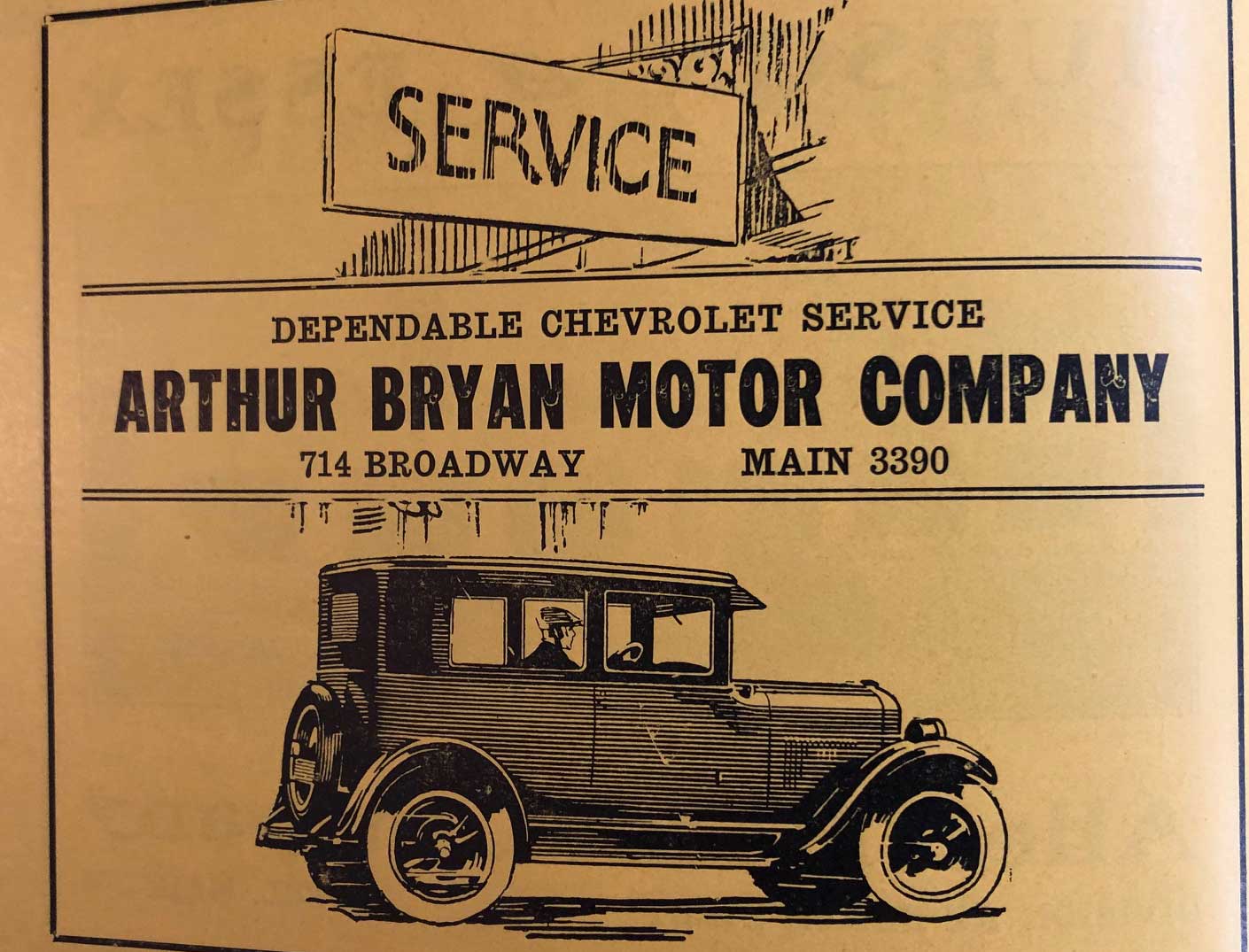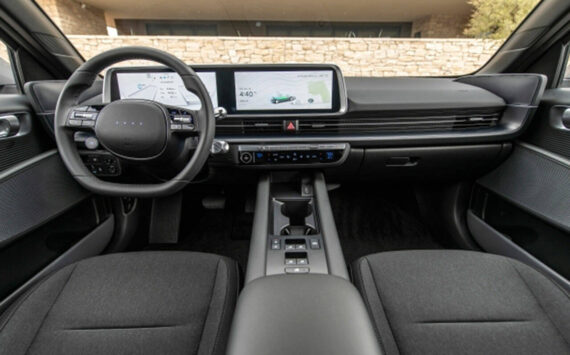You might not think you have one, but you live by it every day
By Morf Morford
Tacoma Daily Index
In America, our love affair with our cars approaches idolatry.
Shakespeare observed that “clothes make the man.” In 20th Century (and maybe 21st Century) America, it is our vehicle that “makes” us.
How we drive, what we drive, and how we care for our vehicle of choice shows the world our life philosophy in action.
Here’s what I mean; some of us subscribe to the “drive it ’til it drops” philosophy. We buy a vehicle, do the minimum prescribed maintenance and keep driving it until all the basic automotive vital signs begin to approach the equivalent of the medical state of flat-lining.
Only when virtually every system is in a state of near-total collapse are we “drive it ’til it droppers” willing to give up our vehicles.
The last time I traded-in a car, as the guy drove off to test drive it, I remember praying that no parts would fall off in the next few minutes (the muffler and a few other parts had fallen off a few days before).
He gave me $200 credit toward my next car purchase. I drove that next car not quite so hard – only about five years.
Others take care of their car as if it was their first love (and in some cases it is). I knew a guy who kept his car far longer than any relationship. And another guy who kept track of his relationships by the cars he had at the time.
Some people (primarily guys, I have noticed) preen over their cars as if they were precious and nearly sacred.
Cars can be valuable of course, a general rule of thumb is that a car should cost no more than half of your annual income.
In other words, if your yearly income is $60,000, the value of your car should not exceed $30,000.
Another ballpark reference point is that owing and operating a vehicle requires about 10% of your monthly budget.
Two cars then, would require 20% of a family’s budget. Add in about 30% for housing and you don’t have much left for basics like utilities and food, let alone savings or discretionary spending.
The bottom line about the cost of car ownership is that it should never approach your total income.
Another bifurcating point in car ownership is the distinction between owning and leasing.
This is not far different from the difference between owning or renting a home.
Ownership of anything presumes a far higher level of commitment and responsibility.
I’ll admit to being old-fashioned here – I hate being in debt.
When you lease or rent, you are perpetually in debt. When you buy a home or vehicle, you are in debt for a limited (though it might feel long) time frame.
After the agreed upon time, the home or vehicle is yours – with no additional payments and is free to use, re-sell or keep as a financial asset.
The assumption is that a home is, and will be, an appreciating asset while a vehicle is, almost by definition, a depreciating asset.
For most of us, this is certainly just a fact of life – one of the costs of car ownership – but it doesn’t have to be this way.


Many years ago I read the story of one of the first generation of dot-com millionaires back in the early 1990s.
He had an old, reliable beater truck that he loved and used constantly.
His peers, with their newly acquired wealth, would buy a new BMW, Mercedes-Benz or something even more expensive.
These cars, beautiful and sleek, demonstrated for all the world to see, the wealth of the owners.
This particular dot-com worker did not feel the need to flaunt his wealth, but he did feel the constant pressure of his co-workers to up his game when it came to vehicle ownership.
Even a BMW or Mercedes-Benz is a depreciating asset, he figured; what might be, in the category of vehicles, an appreciating asset?
He did a bit of research and ended up buying a (slightly) used Rolls Royce.
It may not have been the most practical choice – at least for basic use around town (could you imagine driving – or even seeing – a Rolls Royce in your local grocery store parking lot?).
His Rolls Royce, besides dazzling his peers, actually gained in value each year he owned it.
We all know that this will not be true of a Toyota or Nissan or Ford or GM or any other standard automobile.
But this should be our philosophy of any ownership; what will be worth more – instead of less – after I have used it?
What can we do to add value – or what, by its own momentum, will increase in value over time. What, in short, is an investment, not just an expense?
Buying a home, for better or worse, is one of the most reliable investments, while automobile purchasing is one with among the highest and most immediate depreciations.
To sum up, a car is a near-necessity in our culture and economy, and is one of the greatest expenses of any household.
If you do the math, for most of us, buying a vehicle is almost always a better choice than leasing.
My parents had an interesting approach that I believe would work well for many of us today; they would set aside a portion of their budget for a car payment – even when they did not have a car payment to make.
In other words, they set up an account for a future car purchase – not for one in the past.
After a few years they would have enough to pay cash for a new vehicle.
Either way, before we purchase a car we need to decide whether we are making a statement about our status, making an investment or just looking for a practical (maybe even frugal) way of getting from point A to B and home again.






